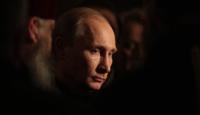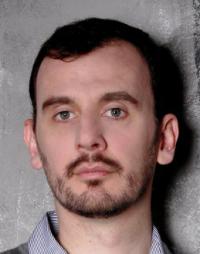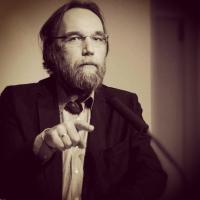Dugin's interview about Putin in 2000 year
Nowadays the situation of the ruling power is rather complex. Despite the existence of a mighty patriotic potential, which laid at the roots of Putin’s first election, this potential until now has not received any explicit political configuration. In the present moment there are practically no structures which are able to offer an adequate political-ideological support to the president. There is one structure – a self-declared “party of power”, in the person of United Russia– but its very major problems lay just in its political and ideological manifestations. As a matter of fact, this party saw the convergence of the most different characters, left- and right-wing, regional frondists and étatists, smart politicians and mediocre officials...







